Happy Hoodoo Heritage Month!
It’s been a good minute since I shared my favorite plants for rootwork, and I thought it was high time to shine a light on some amazing native plants you can probably find right in your own backyard. While some folks might call them “weeds,” I prefer to see them as powerful allies in our spiritual and healing practices. Recognizing that every plant holds a spirit and a purpose--rather you know it not--is part of learning the spirit of Hoodoo and becoming a powerful Rootworker. Let’s dive into some of my favorites for spiritual work, along with their holistic benefits!
1. Goldenrod

**Uses:** Goldenrod is a gem for attracting prosperity, wealth, and abundance. Trust me, it’s a better alternative to cinnamon in abundance spells, and using it helps honor the land we’re on.
**Holistic Benefits:** This lovely plant is also known for its anti-inflammatory and antioxidant properties. It can aid in digestion and respiratory health, making it a great addition to herbal teas.
Goldenrod, with its vibrant yellow flowers that light up the landscape, symbolizes hope and positivity. Its presence in rituals not only attracts material wealth but also spiritual abundance, reminding us of the interconnectedness of the physical and metaphysical realms.
2. Wild Bergamot (Bee Balm)

**Uses:** Wild Bergamot is your go-to for cleansing and clearing out negative energy. It’s a must-have in homemade Florida water. Plus, if you’re looking to cut ties with an old lover and invite in new energy, this plant has got your back!
**Holistic Benefits:** Known for its calming effects, bee balm can help reduce stress and anxiety. It also has antimicrobial properties, making it useful for soothing minor wounds and infections.
Wild Bergamot, also known as Bee Balm, not only purifies the energetic space but also acts as a bridge between the earthly and spiritual realms. Its delicate flowers attract bees and butterflies, symbolizing transformation and renewal in our lives.
3. Chicory

**Uses:** Chicory’s flowers and stems can help attract love and sweeten tough situations. If you’re into left-hand work, the roots are perfect for that as well.
**Holistic Benefits:** Chicory root is often used as a caffeine-free coffee substitute and is great for digestive health. It’s also rich in inulin, a prebiotic that supports gut health and can help regulate blood sugar levels.
Chicory, with its delicate blue flowers that open and close with the sun, represents adaptability and resilience. Its roots, which delve deep into the earth, symbolize grounding and stability, making it a powerful ally in matters of the heart and emotional healing.
4. Hyssop

**Uses:** Good ol’ hyssop has been cherished for centuries for its cleansing properties. It’s used to purify oneself before rituals or ceremonies. And let’s not forget, even Psalms 51 speaks on hyssop’s importance in cleansing—talk about a spiritual powerhouse!
**Holistic Benefits:** Hyssop has been traditionally used to alleviate respiratory issues and has antiviral properties. It’s also believed to support emotional balance, helping to lift feelings of sadness and anxiety.
Hyssop, with its aromatic leaves and purple flowers, has long been associated with purification and protection. Its presence in rituals signifies the removal of negativity and the restoration of spiritual harmony, offering a sense of peace and clarity to those who seek its guidance.
5. Daisy Fleabane

**Uses:** Daisy Fleabane is the ultimate banisher, great for removing haints and unwanted spirits. Just a heads-up, though—avoid using it if you’re pregnant, as it can have some strong purging effects and can cause contractions within pregnant people.
**Holistic Benefits:** This plant has been used in folk medicine to treat skin irritations and rashes. Its anti-inflammatory properties can help soothe minor skin issues and provide relief from insect bites.
Daisy Fleabane, with its delicate white flowers that resemble daisies, symbolizes purity and protection. Its presence wards off negative energies and unwanted spirits, creating a shield of light and positivity around those who seek its guidance.
6. Purslane

**Uses:** Purslane is probably my favorite on this list! I could talk about its benefits all day. It’s fantastic for prosperity work, and if you place it under your pillow, it can help ward off nightmares and protect you from psychic attacks.
**Holistic Benefits:** Purslane is packed with omega-3 fatty acids, making it great for heart health. It’s also rich in antioxidants and vitamins A, C, and E, supporting skin health and overall wellness.
Purslane, with its succulent leaves and vibrant flowers, symbolizes abundance and protection. Placing it under your pillow not only enhances dream recall but also creates a shield of protection against negative energies, allowing for restful and rejuvenating sleep.
Conclusion
I hope that this has helped bring more perspective of what Rootwork can be. These native plants are not just “weeds”; they’re incredible allies in our rootwork and spiritual practices. By incorporating them into your rituals, we can connect more deeply with the land around us and harness their natural energies. Plus, their holistic benefits make them even more valuable!
The next time you spot one of these plants in your backyard, remember their power and embrace the magic they bring! Happy planting, and may your spiritual journey be blessed!
Weeds or Wonders? Embracing Native Plants for Rootwork
Happy Hoodoo Heritage Month!
It’s been a good minute since I shared my favorite plants for rootwork, and I thought it was high time to shine a light on some amazing native plants you can probably find right in your own backyard. While some folks might call them “weeds,” I prefer to see them as powerful allies in our spiritual and healing practices. Recognizing that every plant holds a spirit and a purpose--rather you know it not--is part of learning the spirit of Hoodoo and becoming a powerful Rootworker. Let’s dive into some of my favorites for spiritual work, along with their holistic benefits!
1. Goldenrod

**Uses:** Goldenrod is a gem for attracting prosperity, wealth, and abundance. Trust me, it’s a better alternative to cinnamon in abundance spells, and using it helps honor the land we’re on.
**Holistic Benefits:** This lovely plant is also known for its anti-inflammatory and antioxidant properties. It can aid in digestion and respiratory health, making it a great addition to herbal teas.
Goldenrod, with its vibrant yellow flowers that light up the landscape, symbolizes hope and positivity. Its presence in rituals not only attracts material wealth but also spiritual abundance, reminding us of the interconnectedness of the physical and metaphysical realms.
2. Wild Bergamot (Bee Balm)

**Uses:** Wild Bergamot is your go-to for cleansing and clearing out negative energy. It’s a must-have in homemade Florida water. Plus, if you’re looking to cut ties with an old lover and invite in new energy, this plant has got your back!
**Holistic Benefits:** Known for its calming effects, bee balm can help reduce stress and anxiety. It also has antimicrobial properties, making it useful for soothing minor wounds and infections.
Wild Bergamot, also known as Bee Balm, not only purifies the energetic space but also acts as a bridge between the earthly and spiritual realms. Its delicate flowers attract bees and butterflies, symbolizing transformation and renewal in our lives.
3. Chicory

**Uses:** Chicory’s flowers and stems can help attract love and sweeten tough situations. If you’re into left-hand work, the roots are perfect for that as well.
**Holistic Benefits:** Chicory root is often used as a caffeine-free coffee substitute and is great for digestive health. It’s also rich in inulin, a prebiotic that supports gut health and can help regulate blood sugar levels.
Chicory, with its delicate blue flowers that open and close with the sun, represents adaptability and resilience. Its roots, which delve deep into the earth, symbolize grounding and stability, making it a powerful ally in matters of the heart and emotional healing.
4. Hyssop

**Uses:** Good ol’ hyssop has been cherished for centuries for its cleansing properties. It’s used to purify oneself before rituals or ceremonies. And let’s not forget, even Psalms 51 speaks on hyssop’s importance in cleansing—talk about a spiritual powerhouse!
**Holistic Benefits:** Hyssop has been traditionally used to alleviate respiratory issues and has antiviral properties. It’s also believed to support emotional balance, helping to lift feelings of sadness and anxiety.
Hyssop, with its aromatic leaves and purple flowers, has long been associated with purification and protection. Its presence in rituals signifies the removal of negativity and the restoration of spiritual harmony, offering a sense of peace and clarity to those who seek its guidance.
5. Daisy Fleabane

**Uses:** Daisy Fleabane is the ultimate banisher, great for removing haints and unwanted spirits. Just a heads-up, though—avoid using it if you’re pregnant, as it can have some strong purging effects and can cause contractions within pregnant people.
**Holistic Benefits:** This plant has been used in folk medicine to treat skin irritations and rashes. Its anti-inflammatory properties can help soothe minor skin issues and provide relief from insect bites.
Daisy Fleabane, with its delicate white flowers that resemble daisies, symbolizes purity and protection. Its presence wards off negative energies and unwanted spirits, creating a shield of light and positivity around those who seek its guidance.
6. Purslane

**Uses:** Purslane is probably my favorite on this list! I could talk about its benefits all day. It’s fantastic for prosperity work, and if you place it under your pillow, it can help ward off nightmares and protect you from psychic attacks.
**Holistic Benefits:** Purslane is packed with omega-3 fatty acids, making it great for heart health. It’s also rich in antioxidants and vitamins A, C, and E, supporting skin health and overall wellness.
Purslane, with its succulent leaves and vibrant flowers, symbolizes abundance and protection. Placing it under your pillow not only enhances dream recall but also creates a shield of protection against negative energies, allowing for restful and rejuvenating sleep.
Conclusion
I hope that this has helped bring more perspective of what Rootwork can be. These native plants are not just “weeds”; they’re incredible allies in our rootwork and spiritual practices. By incorporating them into your rituals, we can connect more deeply with the land around us and harness their natural energies. Plus, their holistic benefits make them even more valuable!
The next time you spot one of these plants in your backyard, remember their power and embrace the magic they bring! Happy planting, and may your spiritual journey be blessed!

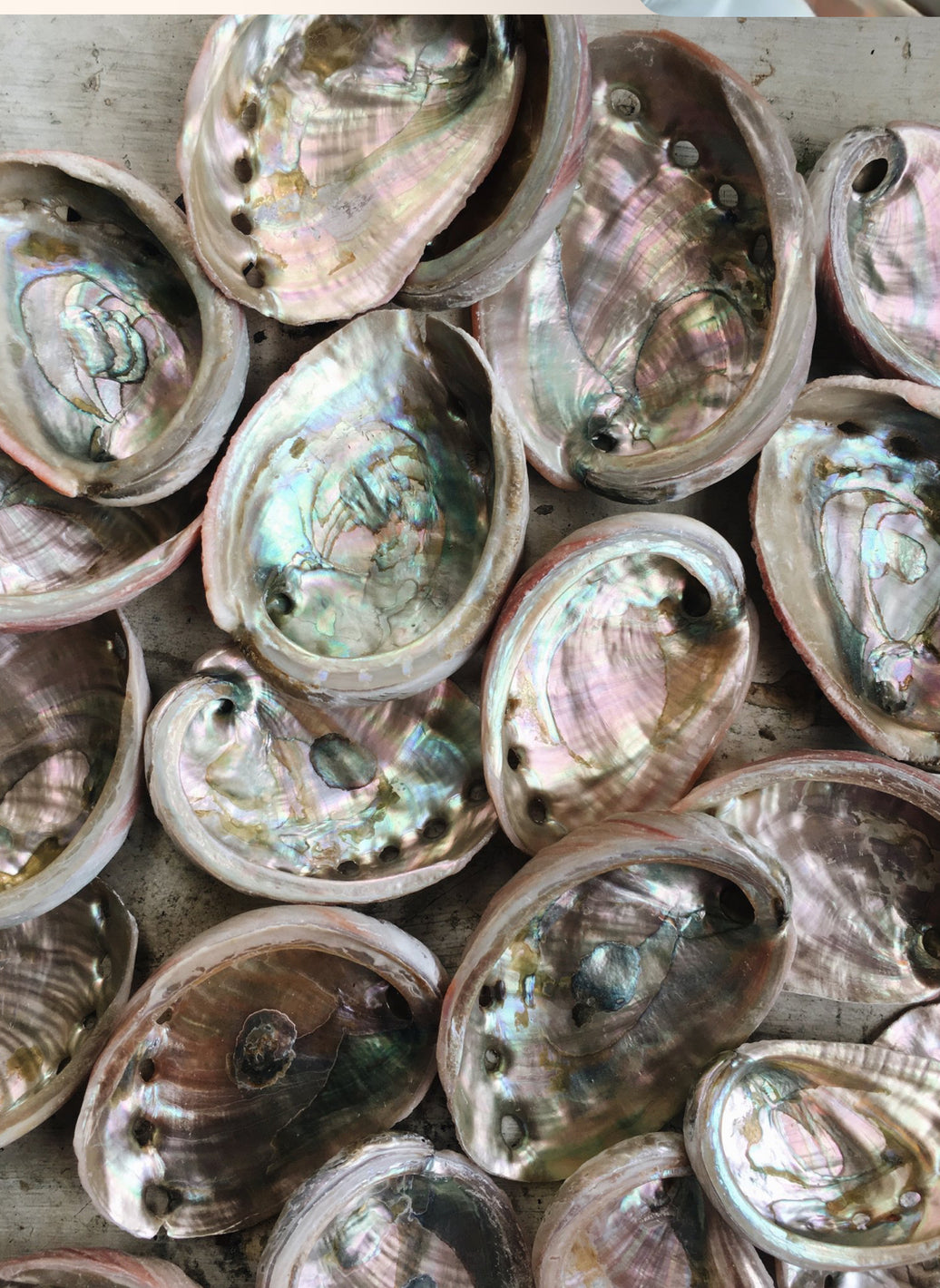

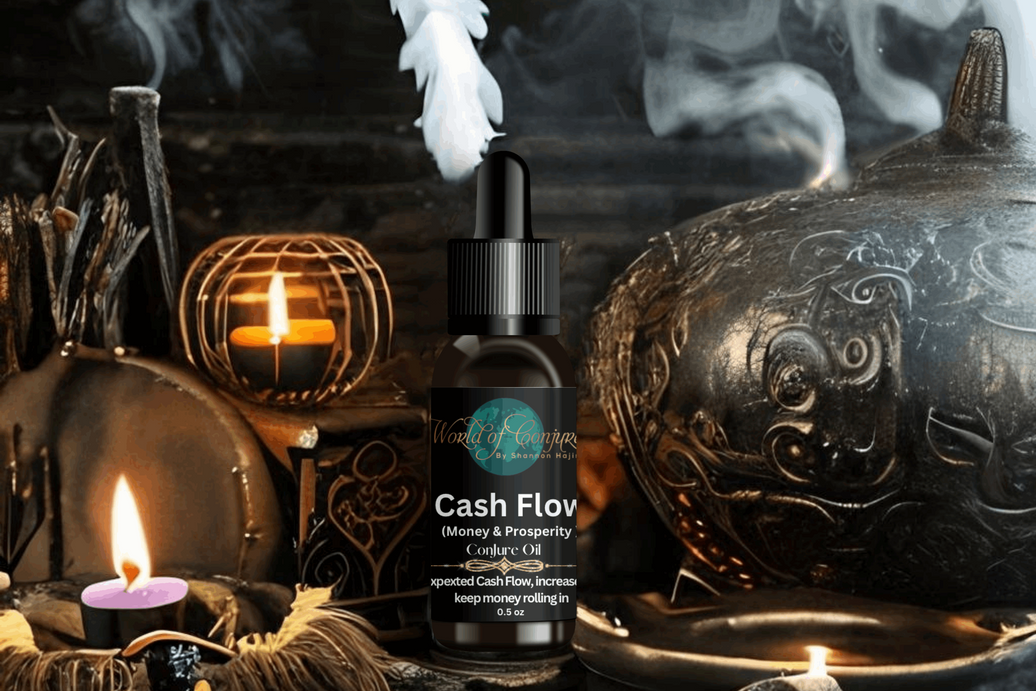
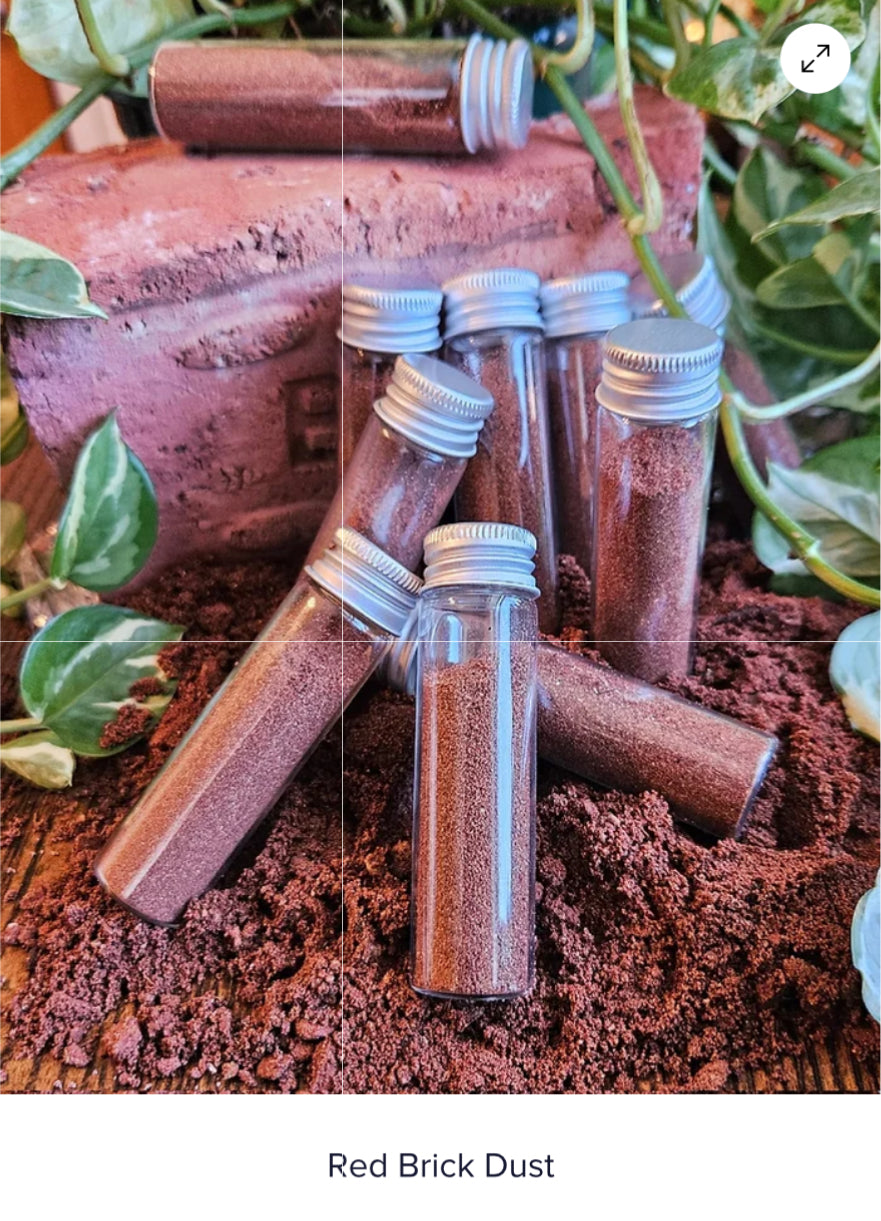
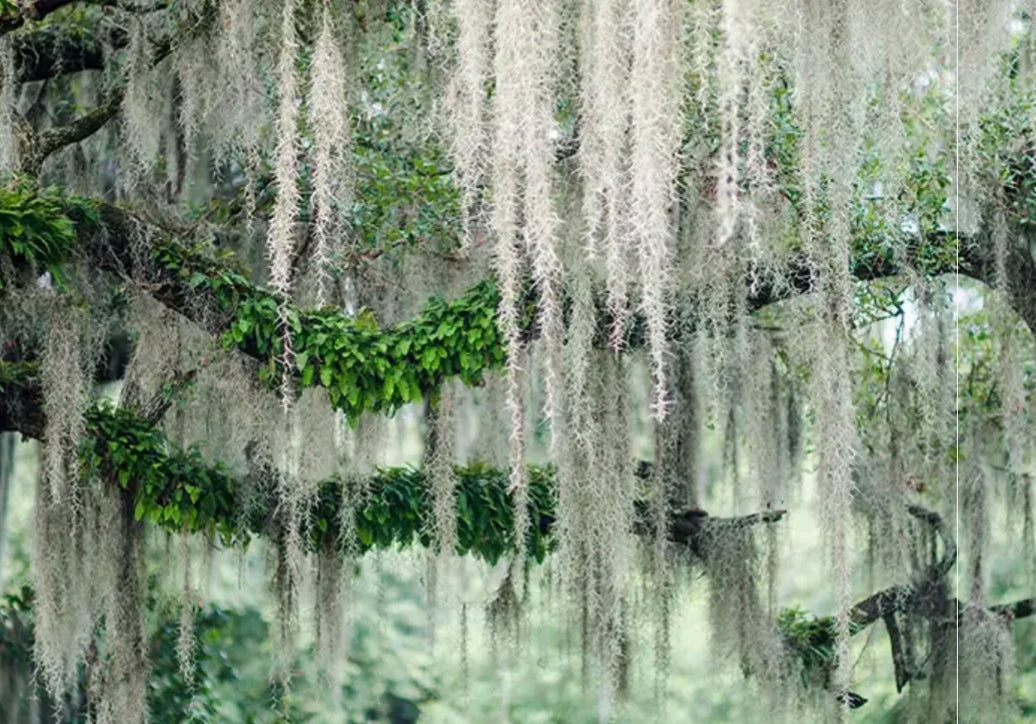




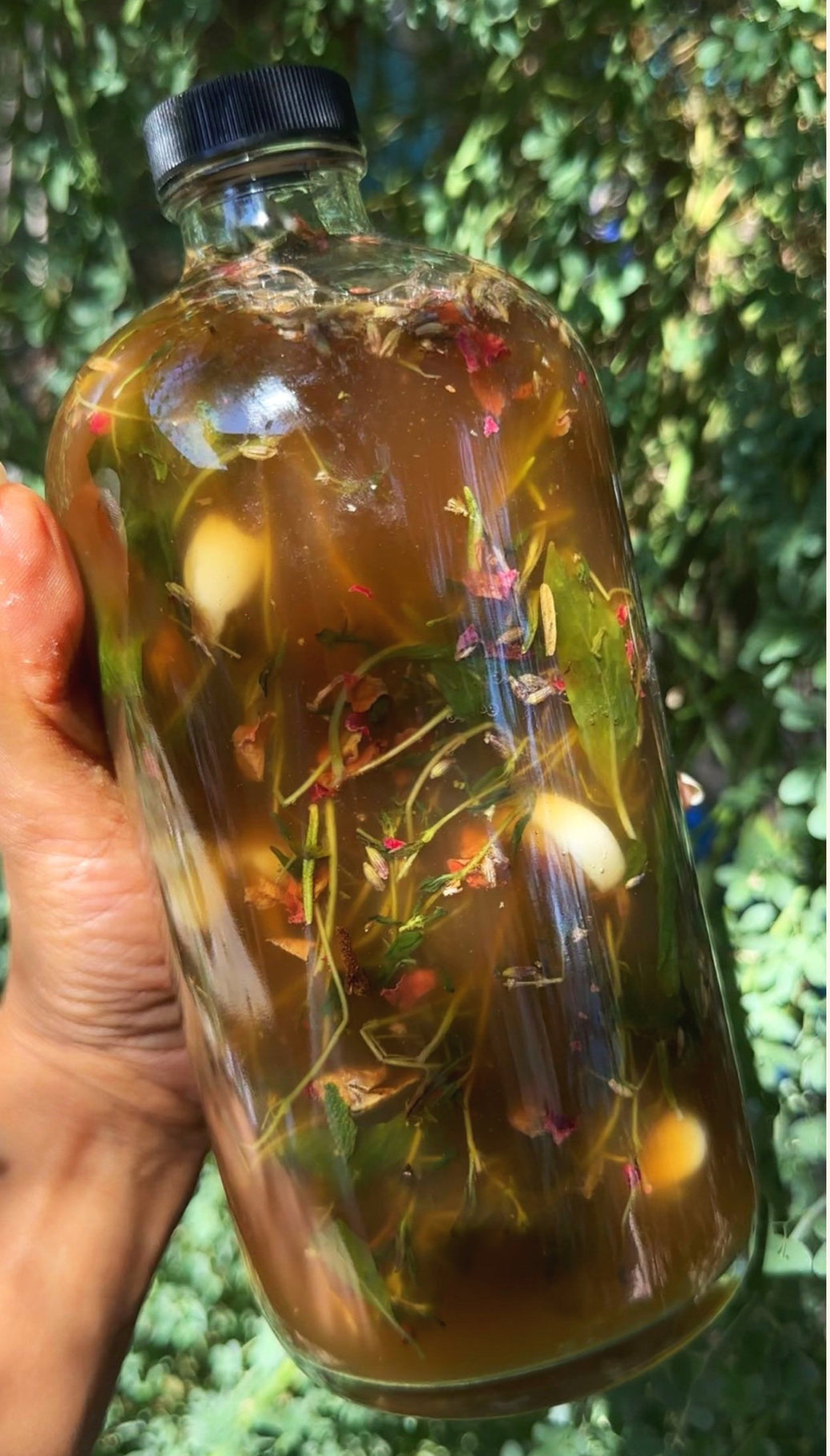
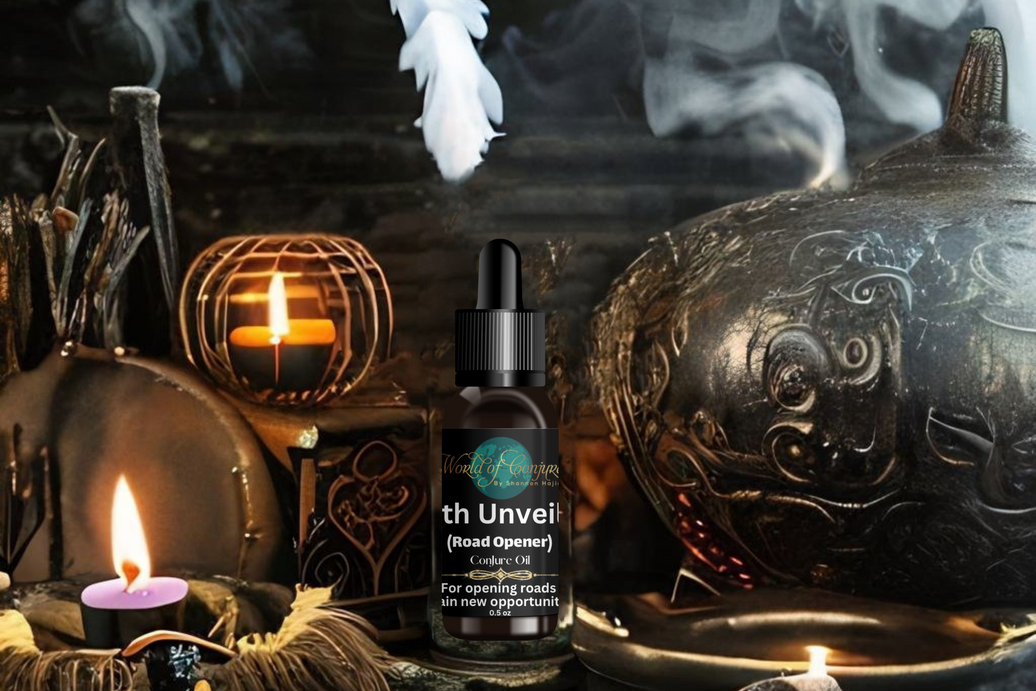
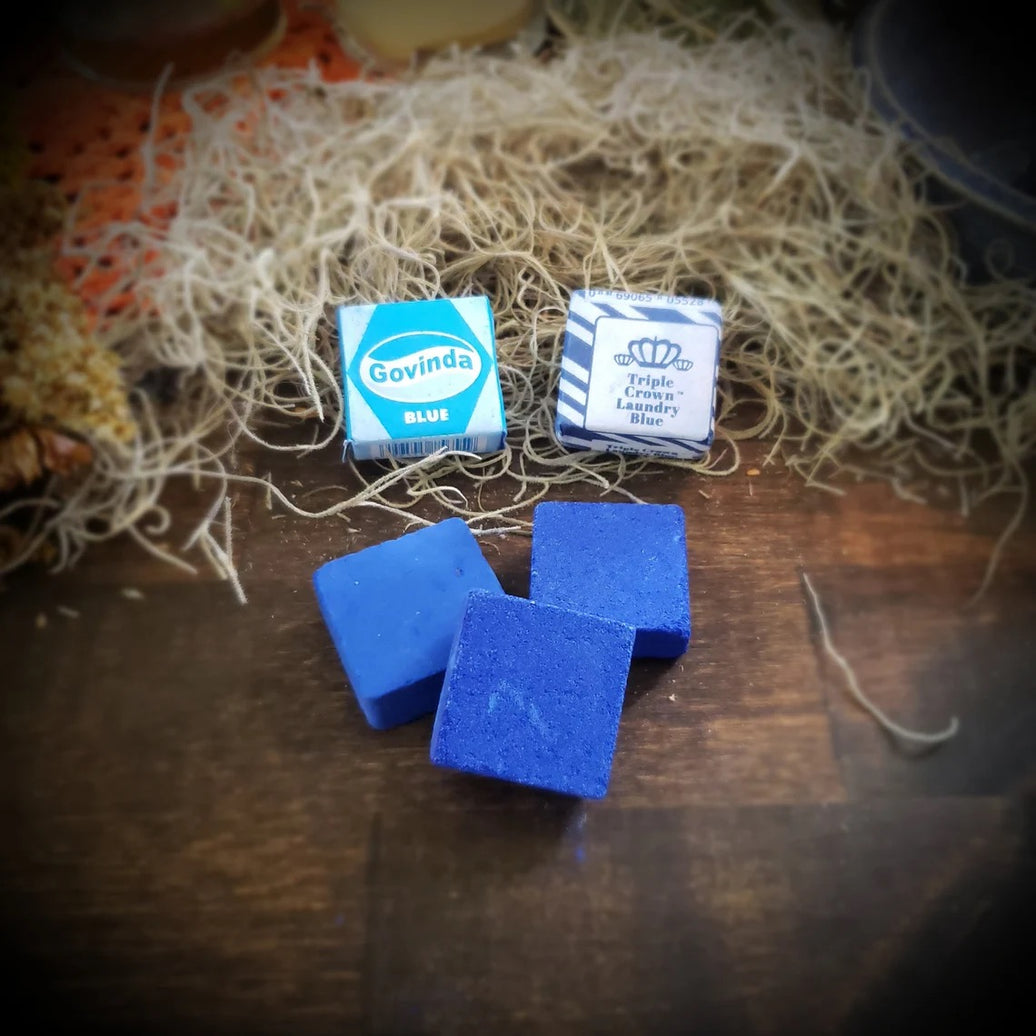
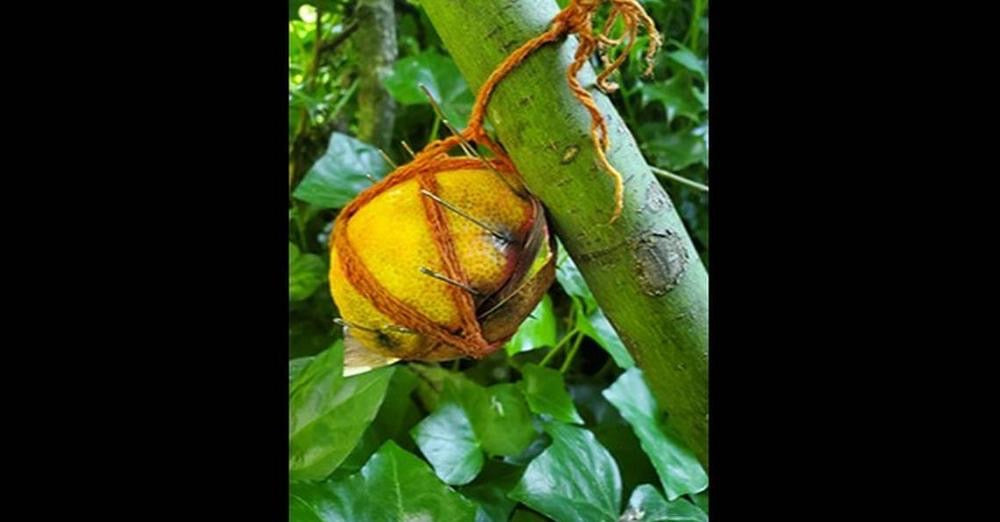
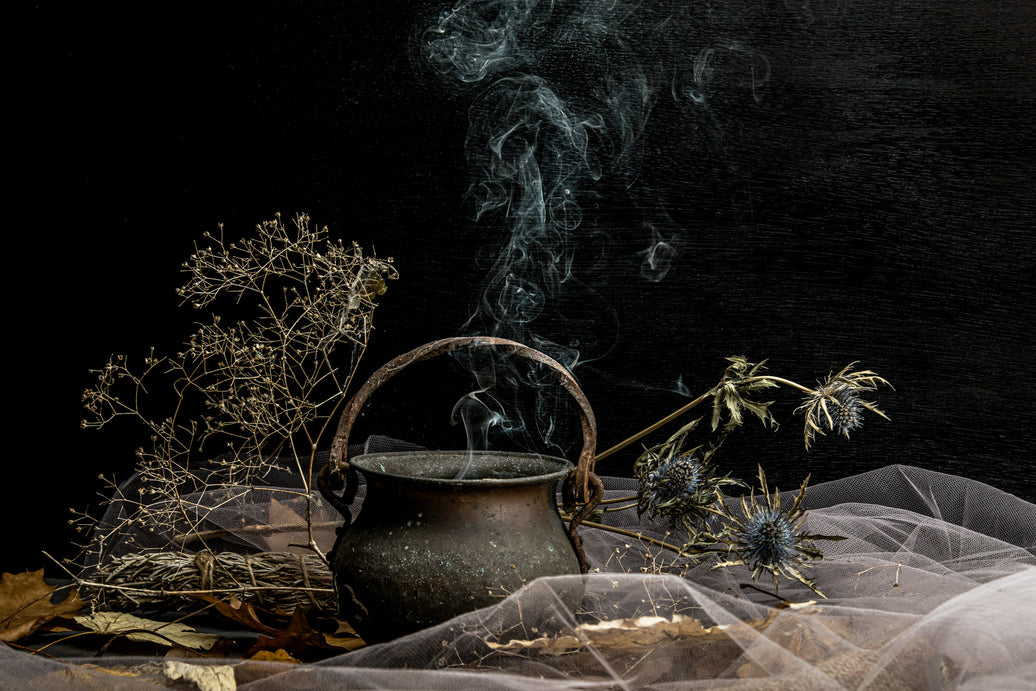
Leave a comment